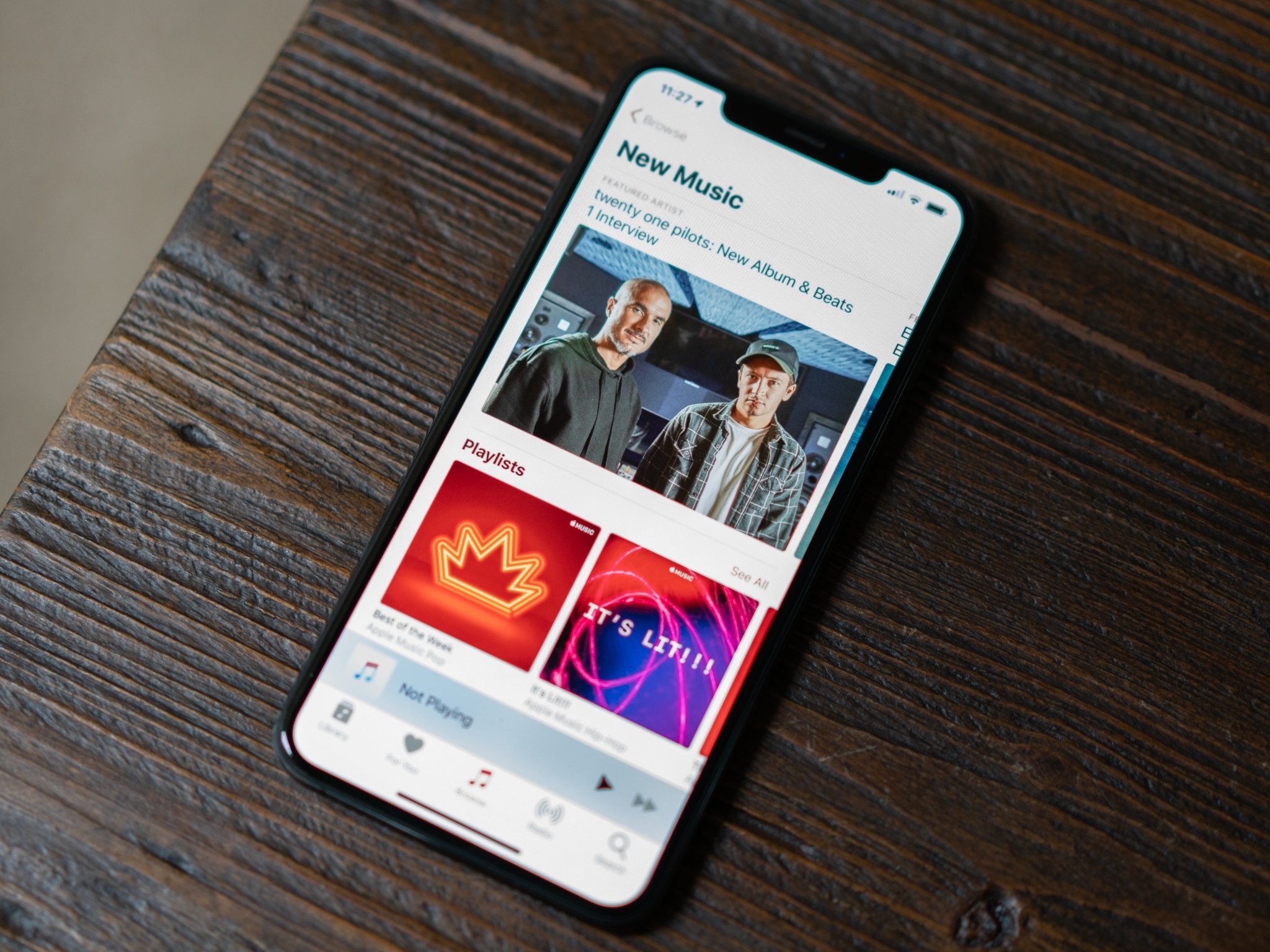Elena Segal was speaking to a UK committee of MPs on the economics of streaming.
What you need to know
- Apple has told UK MPs it has done more than anyone else to ensure money flows to artists through streaming.
- Apple's music publishing chief Elena Segal made the comments to a committee inquiry into streaming economics.
- Segal also talked about third-party access to the HomePod and the impact of free services like YouTube on Apple Music, stating Apple would never consider a free tier of Apple Music driven by ads.
Apple's global senior director of music publishing, Elena Segal, has told UK MPs the company has gone further than any other streaming platform to ensure money flows to artists on Apple Music, whilst dismissing the prospect Apple would introduce a free tier of Apple Music driven by advertising.
Speaking to a DCMS (Digital, Culture, Media, and Sport) committee of UK MPs Tuesday, Segal appeared remotely alongside representatives from both Spotify and Amazon.
MPs questioned the trio on numerous topics, including whether streaming should be considered a sale or a rental when it comes to splitting royalties. Summarised by Musically:
The topic came up again later in the hearing, when Apple's Segal was asked the same question.
"I see it as a licence. We have a right, we have licences that entitle us to sub-license to consumers… and that's always been true with music," she said, noting that the model applied to downloads in the iTunes era, but even to CDs.
"It was a piece of plastic and you were purchasing a licence to use the music on that piece of plastic in certain ways… It was the sale of a licence, I would say. This [streaming] is a subscription to a licence. I would say it's more akin to a rental. I'm not going to comment on legal connotations of that."
Segal indicated that Apple was willing to look at alternatives to the current pro-rata system of royalties, and at more user-centric models.
MPs also discussed the economics of broadcast radio, with Segal stating it would theoretically be possible to separate streams selected by users through playlists and streams served up by algorithms.
The committee quickly touched on the use of smart speakers like the HomePod, and the access that third-parties have to those, however, Apple and Amazon both noted how other services like Spotify could be set to default.
On artist royalties, Segal reportedly told the committee that Apple had "gone further than anyone else in trying to ensure money flow" to artists.
On YouTube as a competitor Segal stated:
As I said earlier, it's challenging to compete with free. It's always been challenging, whether it's legitimate or illegitimate. And it's challenging to compete on an un-level playing field"
"Un-level" refers to Segal's assertion that YouTube "doesn't necessarily" have licenses for all the music it uses and that it doesn't need to. She further told the committee the amount YouTube pays for the licenses it does have it also less. Segal also said "more people would probably be using Apple Music" if YouTube wasn't around, but shunned the prospect of a free tier of Apple Music:
"We don't think that an ad-supported service can generate enough revenue to support a healthy overall ecosystem. And it would also really go against our fundamental values on privacy."
Questioned about the power of labels, Segal's last contribution to the meeting noted how Apple certainly didn't negotiate with the labels first before giving the scraps to the publishers:
Do the label arms get the biggest, first slice of the pie, leaving publishing to take whatever's left?
"It's certainly not the way we've ever set things up. We've never gone 'hey labels, how much do you want?' and whatever's left goes to the publishers," said Segal. "From our point, publishing is just as important. We negotiate them separately… We're generally negotiating with completely different people."
The full committee meeting is available to view on the UK's parliament TV website.

No comments:
Post a Comment